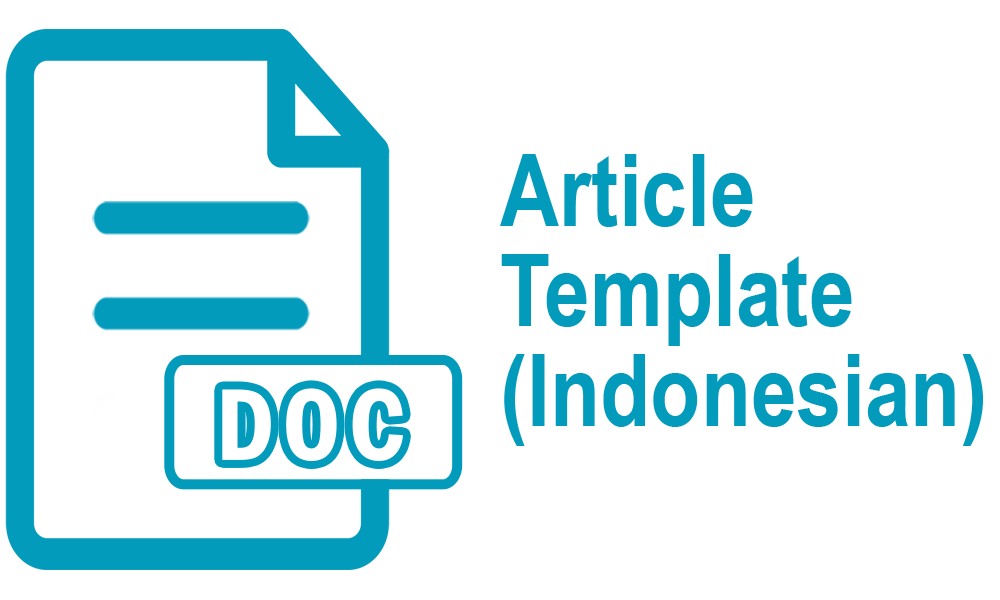Teresa's Id, Ego, Superego in James Dashner's The Death Cure Novel (2011)
Abstract
ABSTRACT
This thesis discusses about personality of a character named Teresa in a novel entitled The Death Cure by James Dashner by using one of Sigmund Freud's personality theory of id, ego, superego. The researcher uses a qualitative methodology and a psychological approach in this thesis. Furthermore, the theory of factors influencing human personality by Abraham Lahey is also applied to this thesis. The result of this study indicates that the representation of Teresa's personality is grouped into two phases based on the plot of this novel. In the first phase, Teresa has id and ego, however, she does not have the superego. Her id is very strong. Therefore, Teresa’s personality is dominated by the id which makes her ego neglected due to the absence of superego. In the second phase, Teresa has the three of personality structures (id, ego, superego) and those work each other. Moreover, Teresa's personality which is grouped into two phases, the first phase is before memory restoration, and the second phase is after memory restoration, is influenced by external factors or it is known as nurture. Nurture influences Teresa's personality in both phases by identifying at the physical environment and the social environment that is around and experienced by Teresa.
Key words: psychoanalysis, id, ego, superego, nurture, Sigmund Freud
ABSTRAK
Penelitian ini membahas tentang kepribadian seorang karakter bernama Teresa yang ada di dalam sebuah novel karya James Dashner yang berjudul The Death Cure dengan menggunakan salah satu teori kepribadian Sigmund Freud yaitu id, ego, superego. Peneliti menggunakan metodologi kualitatif dan pendekatan psikologis. Selain itu, teori karakterisasi Kenan beserta teori faktor yang mempengaruhi kepribadian manusia oleh Abraham Lahey juga diterapkan pada penelitian ini. Hasil dari penelitian menunjukkan bahwa representasi kepribadian karakter Teresa dikelompokkan ke dalam dua fase berdasarkan alur cerita pada novel tersebut. Pada fase pertama, kepribadian Teresa didominasi oleh id yang membuat egonya kemudian terabaikan yang disebabkan oleh tidak adanya superego yang dimiliki Teresa. Sementara itu, tidak ada struktur kepribadian yang mendominasi kepribadiannya pada fase kedua dikarenakan id, ego, superego Teresa bekerja satu sama lain. Kepribadian Teresa yang dikelompokkan menjadi dua fase, yaitu fase pertama sebelum pemulihan ingatan dan fase kedua setelah pemulihan ingatan, juga dipengaruhi oleh faktor eksternal atau juga yang disebut sebagai nurture. Nurture memengaruhi kepribadian Teresa pada kedua fase tersebut dengan cara mengidentifikasi dari segi lingkungan fisik dan lingkungan sosial yang ada di sekitar dan dialami oleh Teresa.
Kata Kunci: psikoanalisis, id, ego, superego, nurture, Sigmund Freud
Keywords
Full Text:
PDFReferences
Abrams, M.H. A Glossary of Literary Terms. 7th ed., Earl McPeek, 1999.
Aras, Goksen. "Personality and Individual Differences: Literature in Psychology-Psychology in Literature." Procedia-Social and Behavioral Sciences, vol. 185, 2015, pp. 250-257.
https://www.researchgate.net/publication/277934084_Personality_and_Individual_Differences_Literature_in_Psychology-_Psychology_in_Literature. Accessed 28 Apr. 2021.
Bauer, Martin W., and George D. Gaskell. Qualitative Researching with Text, Image and Sound: A Practical Handbook of Social Research. Sage Publications, 2000.
Denzin, Norman K., and Yvonna S. Lincoln. The SAGE Handbook of Qualitative Research. 3rd ed., Sage Publications, 2005.
Dobie, Ann B. Theory into Practice: An Introduction to Literary Criticism. 3rd ed., Wadsworth Cengage Learning, 2011.
Feist, Jess, and Gregory J. Feist. Theories of Personality. 6th ed., McGraw-Hill, 2006.
Kenan, Shlomith Rimmon. Narrative Fiction: Contemporary Poetics. Routledge, 1994.
Lahey, Benjamin B. Psychology: An Introduction. 11th ed., McGraw-Hill, 2011.
Quinn, Edward. A Dictionary of Literary and Thematic Terms. 2nd ed., Facts on File, 2006.
DOI: http://dx.doi.org/10.30872/jbssb.v7i2.7324
Refbacks
- There are currently no refbacks.
Copyright (c) 2023 Arvianda Zefania Mawuntu, Nita Maya Valiantien, Ririn Setyowati
Editorial address:
Fakultas Ilmu Budaya, Universitas Mulawarman
Jl. Ki Hajar Dewantara, Gunung Kelua, Kec. Samarinda Ulu, Kota Samarinda, Kalimantan Timur, Indonesia 75123
Email: jurnalilmubudaya.fibunmul@gmail.com
Website: http://e-journals.unmul.ac.id/index.php/JBSSB
Ilmu Budaya: Jurnal Bahasa, Sastra, Seni, dan Budaya is licensed under a Creative Commons Attribution-ShareAlike 4.0 International License






